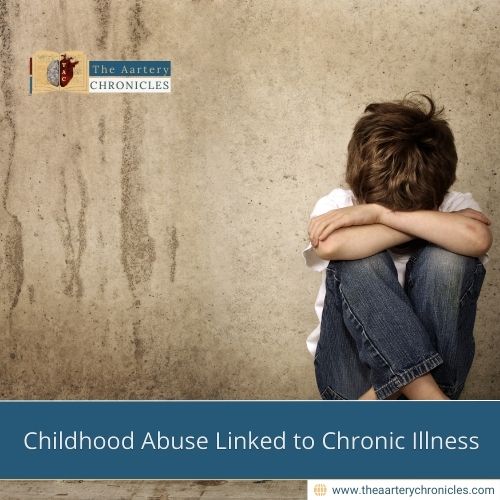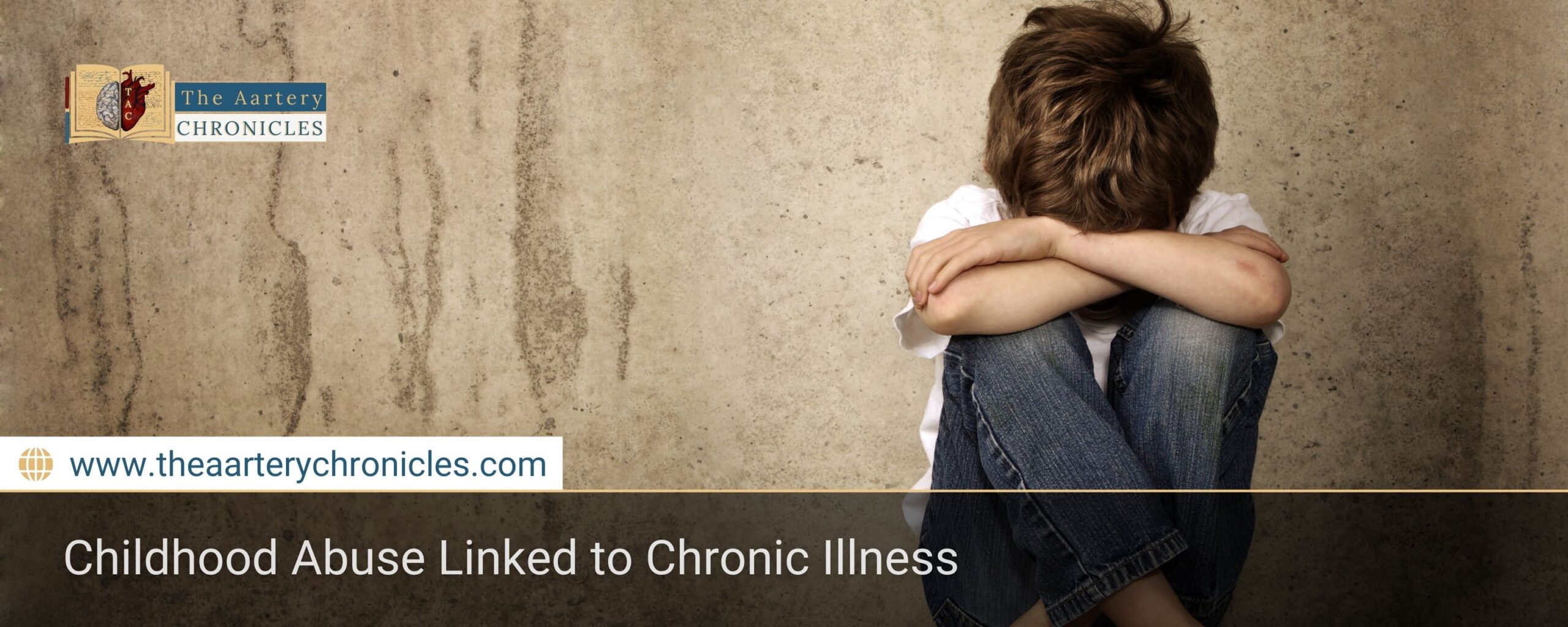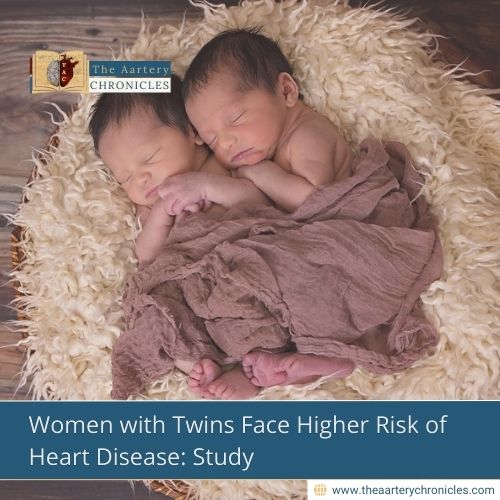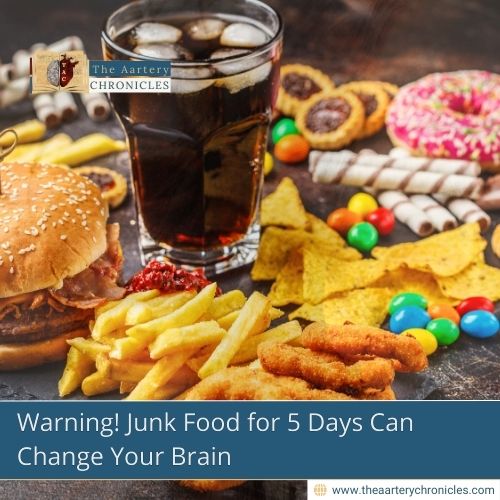

Childhood Abuse Linked to Chronic Illness: What You Need to Know
Summary: A new study highlights the long-term health effects of childhood abuse, showing that survivors face higher risks of chronic diseases and mental health issues. It also highlights the importance of a protective adult in a child’s life, which can improve health outcomes, even for those who weren’t abused. Experts call for more research on why some adults fail to provide protection and how to prevent childhood trauma.
Did You Know Childhood Abuse Can Impact Health for Life?
A groundbreaking study published in Child Maltreatment reveals a troubling connection, childhood abuse significantly increases the risk of chronic diseases and mental health disorders in adulthood. Even after accounting for factors like age, race, income, and health habits, the findings remain striking.
The Shocking Link Between Childhood Abuse and Health Risks
Researchers found that adults who experienced both physical and sexual abuse in childhood had double the risk of serious health conditions like:
- Heart disease (including angina and heart attacks)
- Chronic illnesses like arthritis, asthma, and COPD
- Mental health disorders like depression
- Higher disability rates
Even those who had only been sexually abused (but not physically abused) were 55% to 90% more likely to develop these health issues compared to people who weren’t abused. Those who were only physically abused also faced increased risks, though the effects were slightly less severe.
The Power of a Protective Adult: A Key to Better Health
The study also explored whether having a caring and protective adult at home could reduce the negative health effects of childhood abuse. The results were clear:
- Children without a protective adult regardless of abuse history were 20% to 40% more likely to develop chronic illnesses.
- They were also twice as likely to suffer from depression in adulthood.
This highlights how essential a nurturing environment is, not just for abuse survivors but for all children.
The Need for Prevention and Protection
Experts emphasize the importance of understanding why some adults fail to protect children and developing strategies to prevent childhood trauma before it happens.
“Future research should focus on why some adults aren’t adequately protective and explore primary prevention interventions to create safer environments for children,” says Philip Baiden, Associate Professor at the University of Texas at Arlington.
Final Thoughts: Breaking the Cycle of Trauma
Childhood abuse has lifelong consequences, but research shows that supportive environments can help reduce these effects. Raising awareness, implementing preventive measures, and ensuring every child has a protective figure can make a significant difference in shaping healthier futures.
Would you like to learn more about childhood trauma and recovery? Let’s keep the conversation going.

Dane
I am an MBBS graduate and a dedicated medical writer with a strong passion for deep research and psychology. I enjoy breaking down complex medical topics into engaging, easy-to-understand content, aiming to educate and inspire readers by exploring the fascinating connection between health, science, and the human mind.








